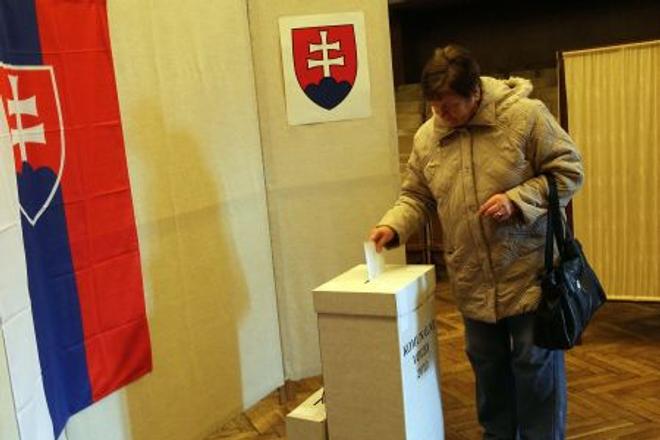The Transparency International Slovensko (TIS) watchdog conducted a survey among Slovak citizens, scrutinising their trust in municipal politicians. The results are rather negative, their opinion poll from September 2019 has shown: Almost two-thirds (60.9 percent) think that mayors and local councillors push through their personal interests to some extent in decision-making. In the poll conducted by the Focus agency between September 18 and 25 on 1,015 respondents, 36.2 percent of them are sure that municipal politicians sometimes assert public and sometimes their own private interest. Also, 24.4 percent believe these politicians always pressure voters through their own interests or mostly through the interests of a town or village, the SITA newswire wrote, citing Ľuboš Kostelanský of TIS.
Worse than 15 years ago
TIS conducted a similar poll with Focus 15 years ago and since then, the reputation of municipal politicians has worsened. In July 2003, only 56 percent saw them as mostly following their own interests. Thus, two thirds of respondents think that the public control in local self-administration needs to be boosted. Only one quarter is of opposite opinion, TIS found.
The poll also found that the public perceives all basic activities of municipalities as troublesome, while the worst sphere is filling the vacancies in local self-administration where 48.8 percent of people see corruption and cronyism. The best situation is in selling municipal flats for private ownership (34.9 percent).
Regional and demographic disparities
Most sceptical are inhabitants of small towns (with 2,500 inhabitants) where 675 percent see politicians’ private interests as dominant, while in small villages (up to 1,000 people) only 48.4 percent are sceptical.
From the point of view of individual regions, the most alarming situation is in the Bratislava Region (70.7 percent), while the best is in the Prešov Region (48.6 percent).
Most disappointed are voters of the extreme right ĽSNS party (79.8 percent), while the non-parliamentary KDH’s voters trust in municipal politicians the most (50.4 percent).
Despite this generally negative mood, satisfaction with services offered by municipalities prevails in Slovakia: in four out of the total seven areas, the satisfaction dominates. People are mostly content with the garbage collection and water-management service; 66.2 percent are absolutely confident, and 62.6 percent are rather satisfied. The biggest discontent prevails in the quality of roads (46.9 percent) and health care (38.8 percent).
Slovaks’ satisfaction has increased since 2003 in all fields except for education, TIS informed, as quoted by SITA.



 Municipal elections will take place on November 10. (source: SME)
Municipal elections will take place on November 10. (source: SME)